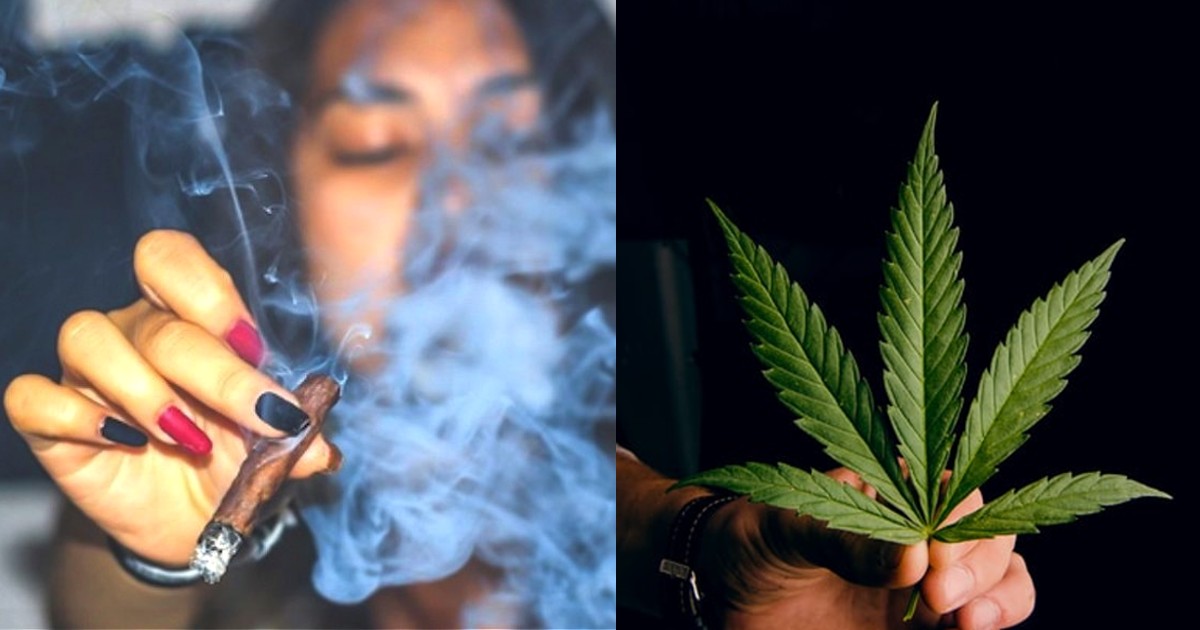No, smoking up weed has not been legalised in many countries yet, including India. But scientists from Oregon State University and Oregon Health & Sciences University have claimed that cannabis can prevent COVID-19. As per reports, experts have noticed that the acids released from cannabis plants have thwarted the entry of the virus infection into human cells. An online report on the research by the Journal of Natural Products has revealed that two acids in cannabis, the cannabigerolic acid (CBGA) and cannabidiolic acid (CBDA) can bind to SARS-CoV-2, the virus causing COVID-19. As the compounds bind the spike protein SARS-CoV-2, the infection is stopped from entering the cells and causing virus, claims the study.
Acids Released By Cannabis Effective Against COVID-19 Variants As Per Research
In the abstract of the study, the scientists wrote, “Cannabigerolic acid and cannabidiolic acid were equally effective against the SARS-CoV-2 alpha variant B.1.1.7 and the beta variant B.1.351. Orally bioavailable and with a long history of safe human use, these cannabinoids, isolated or in hemp extracts, have the potential to prevent as well as treat infection by SARS-CoV-2.” Researcher Richard van Breemen led this research teaming up with other scientists. According to a Forbes report, Breemen has stated that cannabis can be developed into drugs to treat or prevent COVID-19.
The Cannabinoids Need To Be Administered Orally
Breeman has also stated that in the long history, these cannabis compounds are safe for consumption by humans. The research has found out that the compounds were effective against the new variants of COVID-19 too. Also, a Vice interview with Breeman has revealed that the cannabinoids are effective when they are administered orally and smoking or vaping might not be beneficial. To see the detailed research report, click here.

